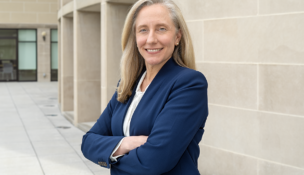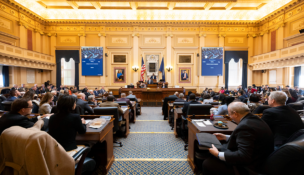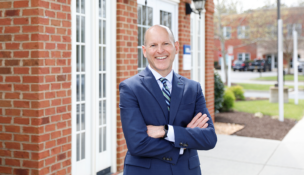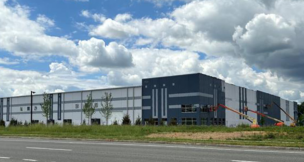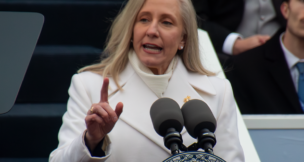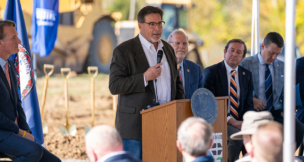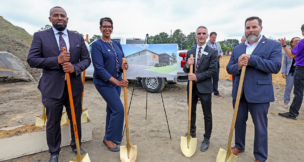Short and … sweet?
A look ahead at the General Assembly’s 2021 session
Rich Griset //December 29, 2020//
Short and … sweet?
A look ahead at the General Assembly’s 2021 session
Rich Griset //December 29, 2020//
Even before the pandemic and ensuing recession took hold in Virginia, 2020 already had the makings for a novel year in the General Assembly.
Having won majorities in both houses in the November 2019 elections, Democrats took back full control of the legislature for the first time in a generation. With Gov. Ralph Northam in the Executive Mansion, Democrats hit the ground running in the 2020 regular session, passing bills that decriminalized marijuana, allowed localities to remove Confederate statues, set in motion redistricting reforms, expanded early voting, raised the minimum wage, allowed casinos, implemented gun control measures, permitted collective bargaining in local governments and enacted the Virginia Clean Economy Act, a sweeping piece of legislation mandating that the state’s biggest utilities shift to 100% renewable energy in coming decades.
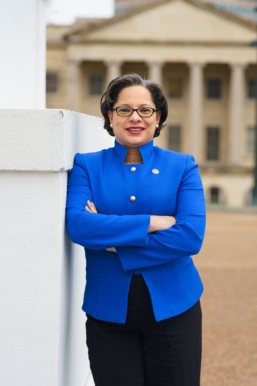
Just as COVID-19 began rearing its spiky proteins in mid-March 2020, the General Assembly adjourned and returned for an April 2020 veto session that saw the House of Delegates meet outdoors under a canopy on the Capitol lawn. Their Senate counterparts opted to meet at the Science Museum of Virginia, which allowed for greater social distancing than the Capitol, as well as the installation of Plexiglas partitions as needed.
Assembly members reconvened on Aug. 18, 2020, for the start of a marathon 84-day special session in which House members met virtually, while the Senate continued meeting at the Science Museum of Virginia. During the special session, Democrats revised the state’s budget to account for recession-related shortfalls, and also passed a full slate of policing and racial justice reforms in response to last summer’s Black Lives Matter protests.
Now, following what one legislator jokingly termed “a short break,” the House of Delegates plans to gavel in its 2021 regular session virtually on Jan. 13, with the state Senate again planning to meet at the Science Museum.
The pandemic is one of the few events to have disrupted the normal convening of the General Assembly since the legislature began meeting at the Thomas Jefferson-designed Virginia State Capitol in 1792. Aside from the Civil War period, there are only two other instances when the Assembly didn’t meet in its normal chambers for an entire session: in 1849, when a cholera epidemic caused legislators to convene at the Fauquier White Sulphur Springs Hotel near Warrenton; and from 2005 to 2007, when the legislature met in the adjacent Patrick Henry Building while the Capitol underwent an extensive renovation.
With the pandemic surging worse than ever and businesses and citizens continuing to feel the alligator chomp of economic distress, the legislators will likely have a busy session.
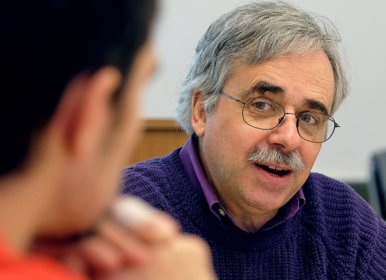
Adding to the uncertainty, their time during the regular session will likely be limited. Republicans have vowed to not extend the 30-day session by 15 days, as is the norm. This would make it the briefest legislative regular session in at least half a century.
During the short session, will the legislature work to assist struggling businesses, or saddle them with additional regulatory and tax burdens? And, with the state grappling with revenue shortfalls from the recession — reported in August as $2.7 billion less than previously anticipated for the two-year state budget — could taxes generated from legalizing marijuana help stanch the bleeding?
The general outline of the upcoming session appears to be forming a giant question mark.
A joint resolution?
To Virginia budget hawks and recreational weed enthusiasts alike, Nov. 16 marked an important development.

That’s when the Joint Legislative Audit & Review Commission — which evaluates programs and policies on behalf of the General Assembly — issued its assessment of what marijuana legalization might look like in Virginia. With the JLARC report estimating that pot cultivation and sales could generate up to $300 million in annual state tax revenue and create 11,000 jobs, Northam told The Associated Press, “Legalizing marijuana will happen in Virginia.”
Compared with the state government’s previous stance on legalization, Rich Meagher, an associate professor of political science at Randolph-Macon College, calls Northam’s statement an “‘Exorcist’-style head spin from where we were even two or three years ago.”
The sudden change is emblematic of how much Virginia politics have shifted since Democrats gained legislative power. But for every two steps the party took in 2020, it had to take one step back because of the pandemic-related recession.
Legislation that would have raised the hourly minimum wage from $7.25 to $9.50 on Jan. 1, 2021, was pushed back to May 1 to allow employers more time to recover from the recession; the wage will rise gradually to $15 by 2026.
“New spending initiatives really were hammered by the financial crisis,” says Stephen Farnsworth, political science professor at the University of Mary Washington and director of the Center for Leadership and Media Studies. “2020 was a year where some Democratic initiatives could proceed but others had to wait.”

Other goals Democrats may want to achieve — such as raising teacher pay — may prove daunting under current fiscal conditions.
“We’ve got shortfalls but not as bad we expected it to be,” says state Sen. Jennifer McClellan, D-Richmond. “It’s going to be tight.”
To Chris Saxman, executive director of the nonpartisan business advocacy group Virginia FREE, many of the changes undertaken and aspired to by Democrats are detrimental to business. A former Republican delegate who represented parts of Augusta and Nelson counties, Saxman says minimum wage increases and a threat to Virginia’s right-to-work status are “a horrible signal to send the business community.”
During last year’s regular session, efforts to repeal or scale back Virginia’s right-to-work law — which bans compulsory union membership — were killed in committee in both chambers. But businesspeople and Republicans are still nervous.
“At a time when the economy is recovering, they’re going to throw more stones in the packs of the business leaders,” Saxman says. “The business lobbyists are out of their minds, scared at what some of these people are coming up with.”
Bob Holsworth, a veteran political analyst based in Richmond, says that, until recently, Democratic and Republican legislators might have disagreed on social issues but generally came together around economic development. However, with Democrats gaining power and more progressives in the statehouse, business leaders “are seeing that consensus begin to fray a little bit,” Holsworth says.

Barry DuVal, president and CEO of the Virginia Chamber of Commerce, says he hopes that the General Assembly will recognize the trouble that businesses are going through right now and develop a business relief program.
“The General Assembly heard from the business community [in 2020] that it’s time to protect our business climate and begin to set the stage to rebuild the Virginia economy,” says DuVal, who served as state secretary of commerce under Gov. Jim Gilmore.
In the upcoming session, DuVal wants Virginia to continue its status as the northernmost right-to-work state on the East Coast. He also wants the General Assembly to fund education and workforce initiatives that would help businesses, including child care assistance. As some states have done, DuVal also wants the legislature to protect employers from what he deems “frivolous lawsuits” related to employees and customers contracting the coronavirus.
Keith Martin, the Virginia Chamber’s executive vice president of public policy, warned in early November that with the Virginia Employment Commission was anticipating a $750 million deficit in its jobless benefits fund because of unemployment claims, and that unemployment insurance taxes may climb as high as roughly $250 per employee, up from a pre-pandemic average of $67. Those concerns have since been addressed with a Dec. 22 executive order by Northam that froze potential increases, temporarily shielding Virginia’s businesses from having to pay an additional $200 million to replenish the fund. The special session budget that Northam signed included $210 million to help backfill the fund.
John March, spokesperson for the Republican Party of Virginia, says that between the minimum wage raise and additional regulations and permits that he believes the Democrats will enact, it will endanger Virginia’s status as CNBC’s No. 1 state for business in America, a distinction the commonwealth received most recently in 2019. “Virginia is not going to be the most friendly place for business much longer.
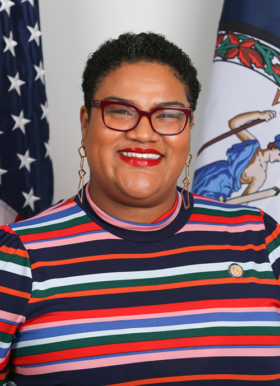
But McClellan stresses that worker protections are good for businesses too, reflecting “a symbiotic relationship. … A lot of businesses have recognized — particularly over the past year — how health and safety and child care impact their employees and their ability to be productive,” she says. “We’re going to try to strike the right balance so that businesses and employees get what they need to manage through this crisis.”
A 30-day challenge
In accordance with the state constitution, the General Assembly is supposed to convene for 30-day sessions in odd-numbered years. Traditionally, though, that’s been extended to 45 days.
That 15-day extension, however, requires approval from two-thirds of the legislature, and Republicans aren’t playing ball this session. House Minority Leader Del. C. Todd Gilbert, R-Shenandoah, says the extensions are intended for budget adjustments, which aren’t necessary this time because the legislature already did that during the fall 2020 special session.
But, Holsworth says, “given the impact of COVID, it makes no sense to say, ‘We’re going to artificially limit this to 30 days.’ They have a responsibility to address some very significant issues.” He notes that planning and oversight of the state’s COVID-19 vaccination program will have to occur this year.
Last fall’s 84-day special session put a strain on legislators, most of whom hold full-time jobs on top of serving in the General Assembly. As a mother of two and an administrator at Richard Bland College, Del. Lashrecse D. Aird, D-Petersburg, says the special session had her playing “work-life Jenga, as in, whatever I can keep from falling for the day.”
Though Northam can call another special session at any time, legislators would more or less have to restart the legislative process. Because of this, the legislature will limit the number of bills that can be submitted during the 2021 regular session.
Del. Marcia “Cia” Price, D-Newport News, says that she’s had to scale back the legislation she’s filing at a time when “the pandemic has uncovered or exacerbated [the] issues the community is facing. The need for legislative solutions increased, but now there’s a fight to decrease the amount of work that we’ll be able to accomplish, so I think people really are starting to scramble.
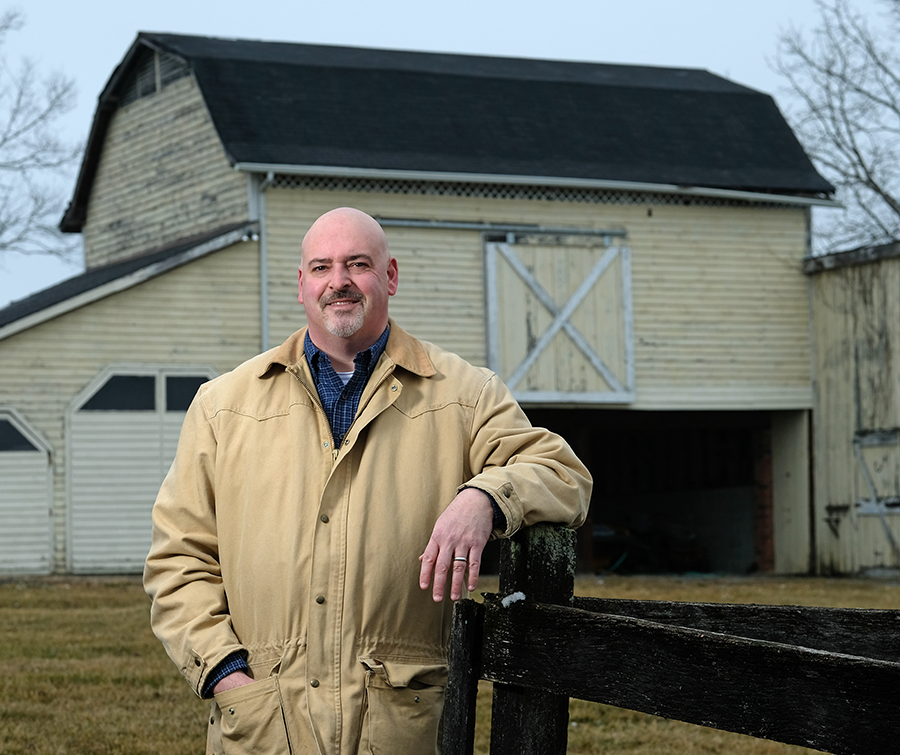
Greg Habeeb, a partner with public affairs, communications and marketing firm Gentry Locke Consulting, says that clients are planning to lobby less than usual because of the short session. The budget, he says, will loom large.
“This past year, a lot of short-term funding issues brought on by the pandemic and recession were plugged with one-time money,” largely from the federal CARES Act, says Habeeb, a former Republican delegate who represented Roanoke, Salem and Montgomery and Craig counties from 2011 to 2018. “We’ll have to see if and how President-elect Joe Biden and Congress allocate additional federal funding.”
And while Habeeb understands the need to conduct the 2021 session virtually, he says that the lack of personal interactions will make it difficult for legislators and advocates to have the discussions necessary to advance major initiatives such as last session’s Virginia Clean Economy Act.
For lobbyists and other stakeholders, day-to-day informal interactions with lawmakers and aides in the hallways and elevators of the Pocahontas Building are essential to passing legislation. But the Pocahontas Building, which houses legislators’ Richmond offices as well as committee and subcommittee meeting rooms, will be closed to the public during the 2021 session due to the pandemic.
As if this session needed another wrinkle, it’s also taking place in a gubernatorial election year when all House of Delegates candidates will be up for reelection. Amid this, several state legislators will be jockeying to land their parties’ nominations for governor, lieutenant governor and attorney general.
“It’s going to be a noisy lead-up to a really quick session, so my guess is that Northam’s voice is going to be the strongest one, but there could be a lot of other voices out there muddying the waters,” Meagher says.
The blue horizon
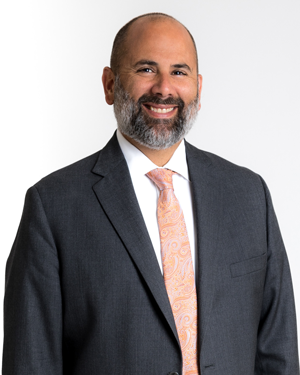
Democratic lawmakers will likely try to address many of the issues they care about, including additional social justice and law enforcement reforms, housing equity, broadband expansion, sick leave and paid family medical leave, expanding collective bargaining and repealing or diminishing Virginia’s right-to-work status.
“That’s just a discussion that we’re going to continue to have,” says McClellan of right-to-work. “If you benefit from a collective bargaining agreement or from a union representing you through grievances, you should have to contribute to getting that collective bargaining agreement or having that representation.”
McClellan says Democrats are undaunted by the brevity of a 30-day session and will call a special session if needed.
“This is a time where we need to address the needs of all Virginians,” says McClellan, who is seeking the Democratic nomination for governor. “People elected us to solve problems.”
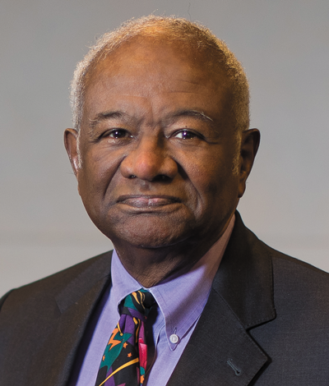
Regarding Richmond-based utility Dominion Energy Inc. — which Democrats and especially progressives have taken aim at in the past — McClellan says the legislature may take a look at the Virginia Clean Energy Act and make sure Dominion is implementing it the way they intended.
James W. “Jim” Dyke Jr., a consulting senior adviser for state government relations at McGuireWoods, hopes that some of the revenues from recently approved casinos will help fund child care and early childhood education. And considering how vital the internet is for those who are currently working or attending school from home, broadband expansion will likely be taken up as well, he says.
“If you didn’t know broadband was an issue before COVID, you clearly know it now,” says Dyke, who served as secretary of education under Democratic Gov. L. Douglas Wilder in the early 1990s.
Looking past 2021, Meagher says the General Assembly likely will remain under Democratic control for the foreseeable future. Once ruled by rural areas, the state’s political base has shifted as populous suburbs have become less conservative and more diverse. Unless the recently approved bipartisan redistricting commission radically redraws the state’s political maps, it looks like there’s blue on the horizon.
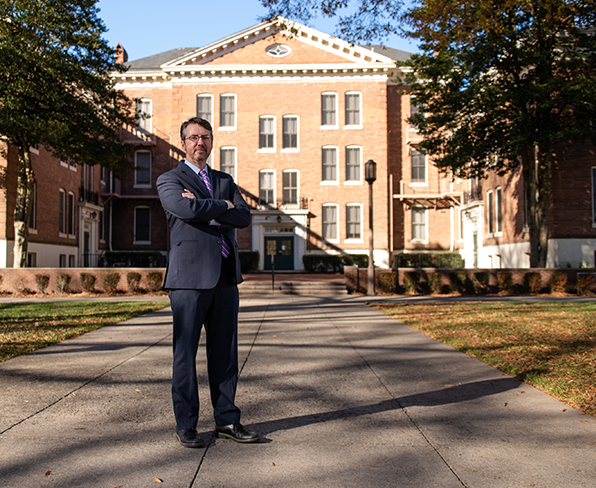
“Demographics are destiny. This is a Democratic state now. This is a state defined by the urban corridor that runs from Northern Virginia out to the coast,” Meagher says. “It’s Democratic, and it’s more oriented towards urban and suburban districts, and that’s going to drive our politics.”
Related Articles:
Off and running: An updated look at this year’s gubernatorial race
Representing the underdogs: Republican House leader aims to be ‘voice of reason’
>



